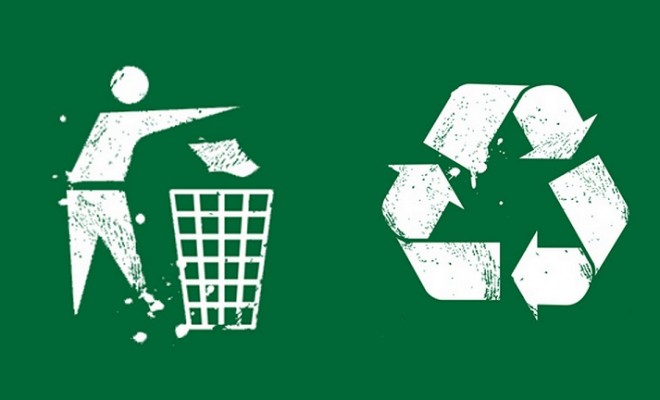
The European recycling landscape—the quiet before the storm?
Before plastics recycling in Europe can scale up, the industry needs to overcome sizable obstacles. Our survey helps illustrate what companies can do to achieve their aspirations.
Plastics recycling in Europe is expected to grow significantly in the next five to ten years, particularly in response to increased pressure from regulators and consumers. Governments and major brands are continuously discussing and refining targets to reduce waste and improve the circularity of the plastics value chain. And while players in the chemicals industry aspire to expand access to recycling, adopt new technologies, and grow sustainability efforts, many existing European recyclers that have pursued these goals for years have made little progress.
To better understand the reasons why—and to assess the readiness of the EU recycling industry to accommodate the necessary scale-up—we conducted interviews with 57 recycling companies in 12 European countries (see sidebar “About the survey”).1 Our findings confirm our hypotheses: despite positive boundary conditions, plastics recycling is not (yet) thriving as an industry; and many recyclers struggle to overcome a lack of product standardization, volatile customer demand, and inefficient sortation processes. These challenges have been exacerbated by the COVID-19 pandemic, which has introduced both short-term liquidity challenges and the potential for additional regulations.
Συνέχεια ανάγνωσης εδώ
Πηγή: mckinsey




